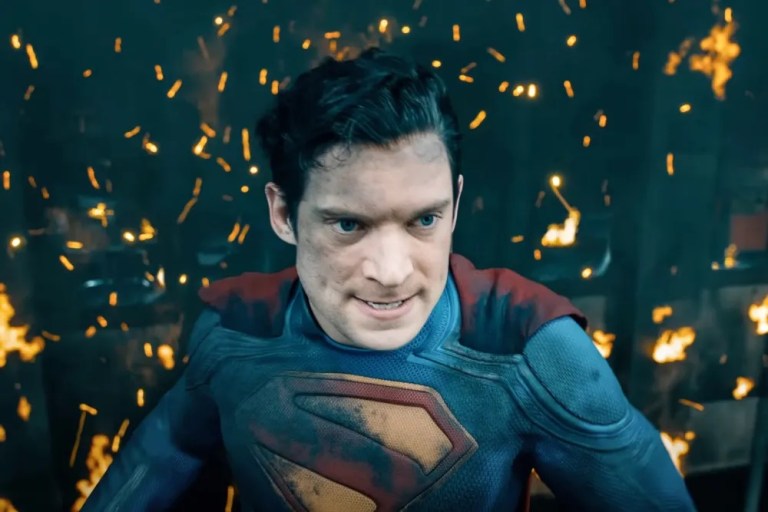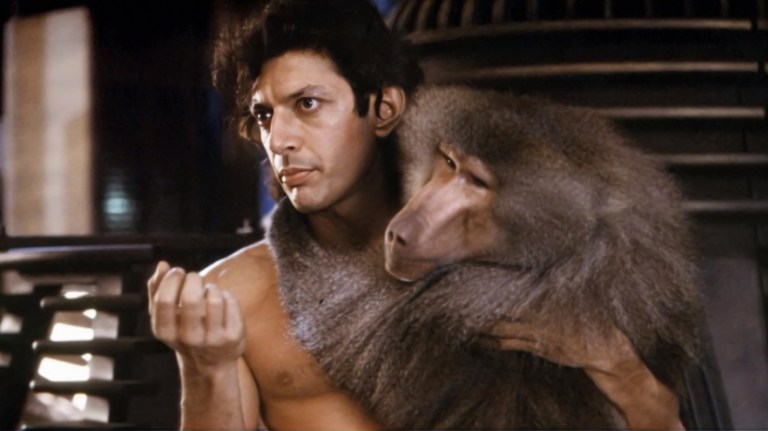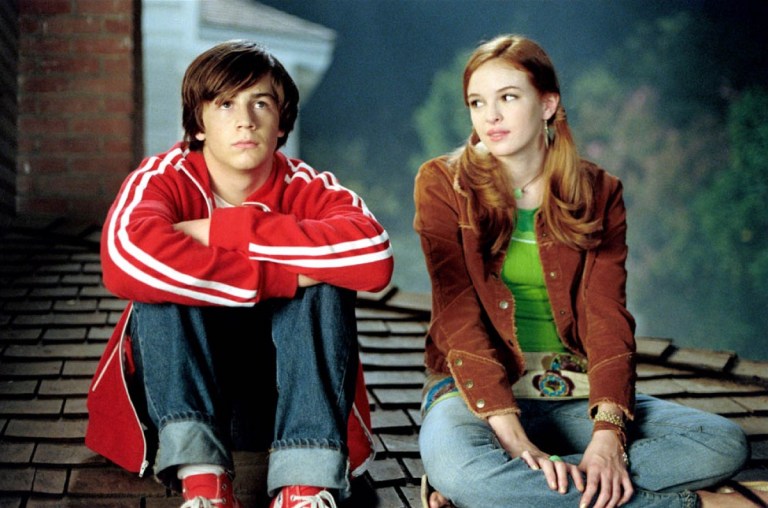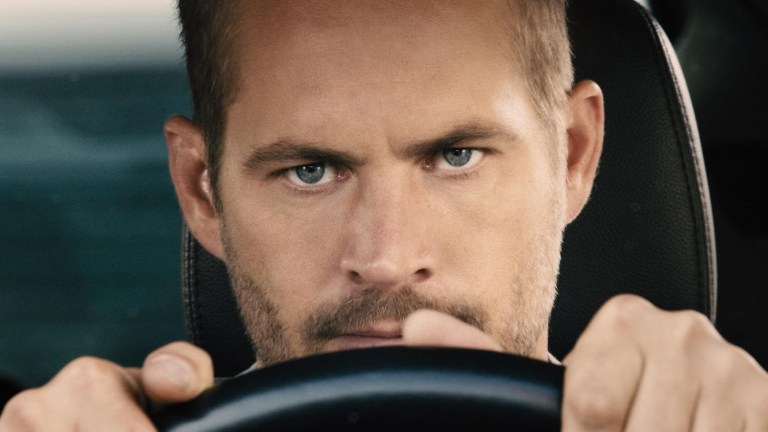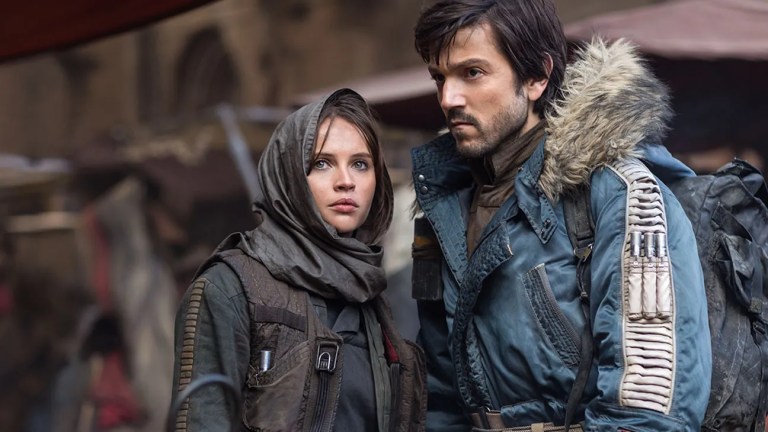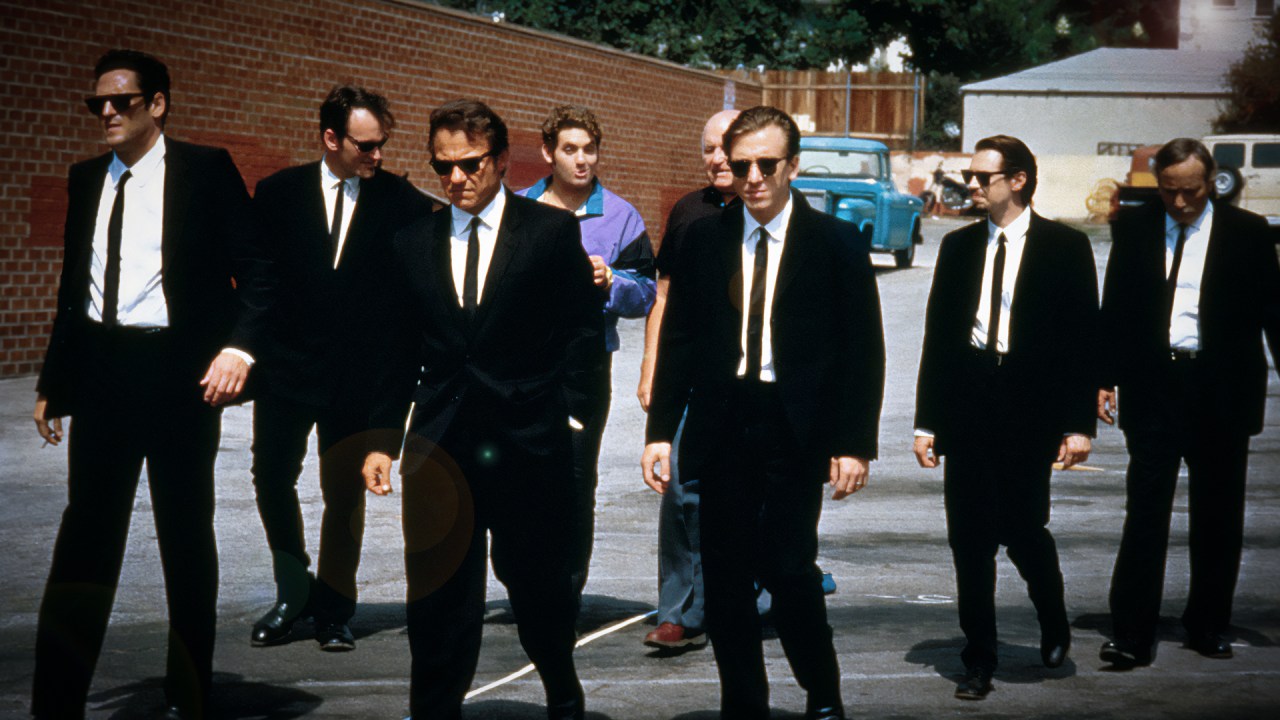
The 10 Best Quentin Tarantino Movies, Ranked
Love him or hate him, everyone knows the name Quentin Tarantino. A creative juggernaut in the modern film industry, few directors have achieved the same level of critical acclaim as Tarantino in the larger context of pop culture. Using his encyclopedic knowledge of all things film when crafting each and every one of his movies, Tarantino has earned widespread attention for his rich dialogue, colorful characters, and controversial reliance on harsh language and violent subject matter.
As audiences continue to await the tenth and final film from the Academy Award-winning director, we thought we’d take a look back at the impressive number of movies Tarantino has released so far. From pulse-pounding slasher films to hyper-violet revisionist Westerns, here is every one of Quentin Tarantino’s movies, ranked from worst to best.
Death Proof (2007)

The closest Tarantino to making a full-blown horror movie, Death Proof acts as an endearing love letter to grittier ‘80s slashers and ‘70s exploitation films. Casting Kurt Russell as deranged stunt driver “Stuntman” Mike McKay, the film centers around Stuntman Mike’s crime spree in the Southern U.S., each of which involves the former stunt performer stalking and brutally murdering young women with his souped-up muscle cars.
Released as one-half of Tarantino’s Grindhouse collaboration alongside Robert Rodriguez’s Planet Terror, Death Proof is far from a bad movie, delivering genuinely chilling sequences built around Russell’s sadistic lead character. But between its meandering dialogue and uneven pacing, it doesn’t come close to matching the acclaim of Tarantino’s other, far better movies.
The Hateful Eight (2015)
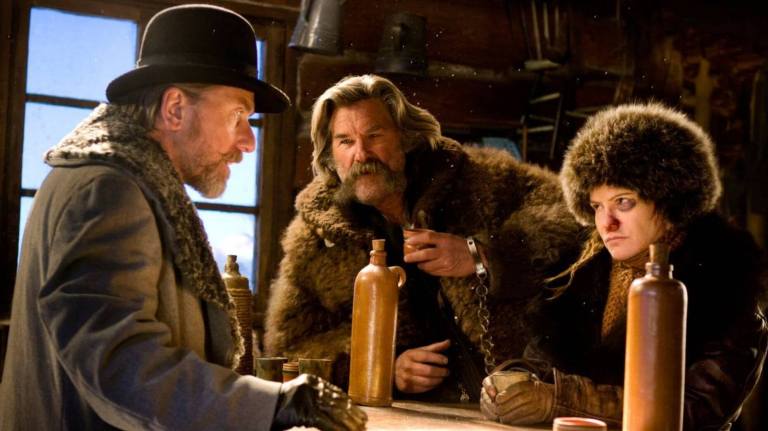
After a highly publicized script leak almost upended the project, Tarantino decided to go ahead and produce his 2015 Western mystery, The Hateful Eight, in spite of this early production setback. A cross between a rugged Spaghetti Western and a traditional whodunit, The Hateful Eight coasts on Tarantino’s penchant for sharp dialogue and memorable characters, whether in the form of Samuel L. Jackson’s grizzled Marquis Warren or Jennifer Jason Leigh’s cackling Daisy Domergue. In spite of its Agatha Christie levels of twists and turns, though, The Hateful Eight’s whopping three hour runtime can leave more impatient viewers tapping their foot in anticipation of the next major plot reveal.
Kill Bill: Volume 1 (2003)
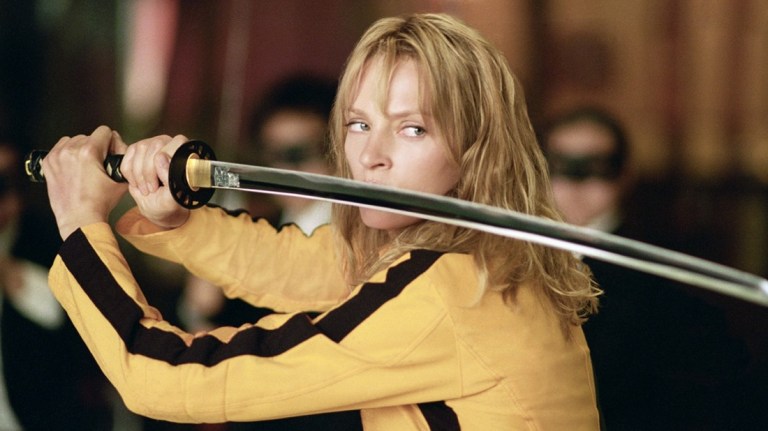
The first entry in Tarantino’s two-part Kill Bill series, Kill Bill: Volume 1 shows off Tarantino’s proficient skills at awe-inspiring action sequences, as evidenced by the epic (and incredibly gory) fight scene between Uma Thurman’s Bride and the Crazy 88 street gang. Combining the underlying elements of an Italian giallo film with the visual style of a ‘70s martial arts movie and a contemporary anime series, Kill Bill: Volume 1 rarely has a dull moment anywhere in its two-hour length, kicking off Tarantino’s kung fu extravaganza with a satisfying bang.
Jackie Brown (1997)
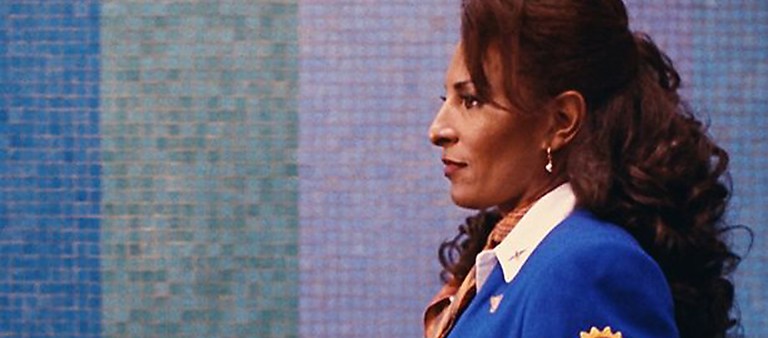
Rather than attempting to outdo himself following his Oscar-winning success on Pulp Fiction, Tarantino veered in an entirely different direction with his 1997 follow-up, Jackie Brown. Adapted from a novel by Elmore Leonard, Jackie Brown marks the first (and so far only) instance of Tarantino using pre-existing material for one of his films.
Though overarchingly faithful to its source material, Tarantino introduces enough changes to ensure the novel makes a smooth transition into a self-contained film. Of course, in true Tarantino fashion, the director even manages to weave in some meticulous references to the movies that influenced him growing up, specifically introducing homage to the blaxploitation cinema of the 1970s (such as Pam Grier’s Coffy and Foxy Brown, among others).
Kill Bill: Volume 2 (2004)
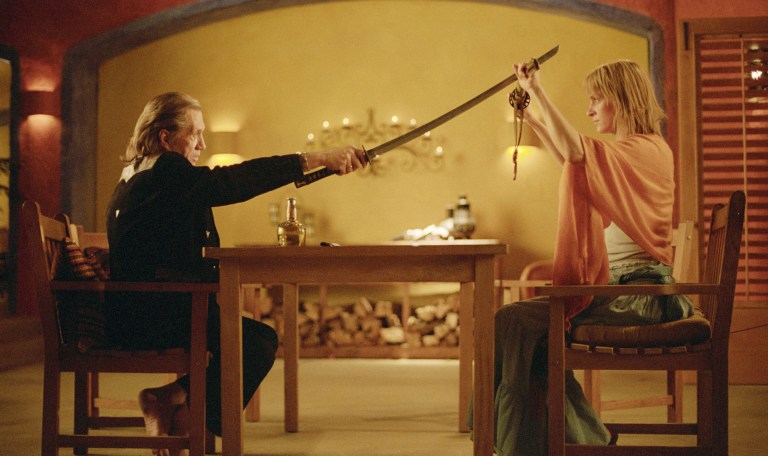
Yes, admittedly, Kill Bill: Volume 2 doesn’t have the same high-octane action sequences as its predecessor. But what Volume 2 lacks in pulse-pounding stunt work, it more than makes up for with its enticing story. Focusing on the Bride’s continuing quest for revenge against the surviving members of the Deadly Viper Assassination Squad, Kill Bill: Volume 2 also presents a more nuanced look at Beatrix Kidd and her ex-lover Bill. Providing an in-depth exploration of their romantic relationship together, Volume 2 also underscores the true cost for Kiddo’s vengeance, leading to a bittersweet conclusion for Thurman’s katana-wielding assassin.
Django Unchained (2012)
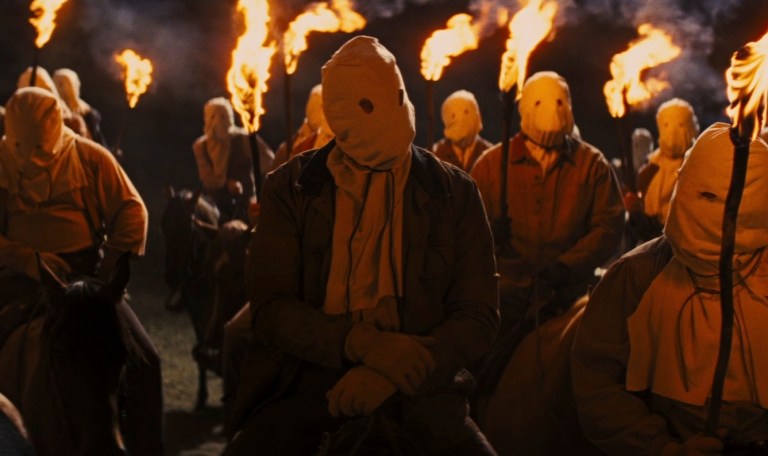
Since his debut in the early 1990s, Tarantino has always expressed a deep-seated love for the ‘60s Spaghetti Westerns of filmmaker Sergio Leone (Once Upon a Time in the West and The Good, the Bad and the Ugly). With that in mind, it’s certainly not surprising that the director would one day wind up making his own version of the traditional Western with 2012’s Django Unchained. A bold and atmospheric revenge film set against the backdrop of the pre-Civil War South, Tarantino’s persistently original work on Django Unchained establishes the project as the best Western film in decades, netting Tarantino his second Academy Award for Best Original Screenplay.
Reservoir Dogs (1992)
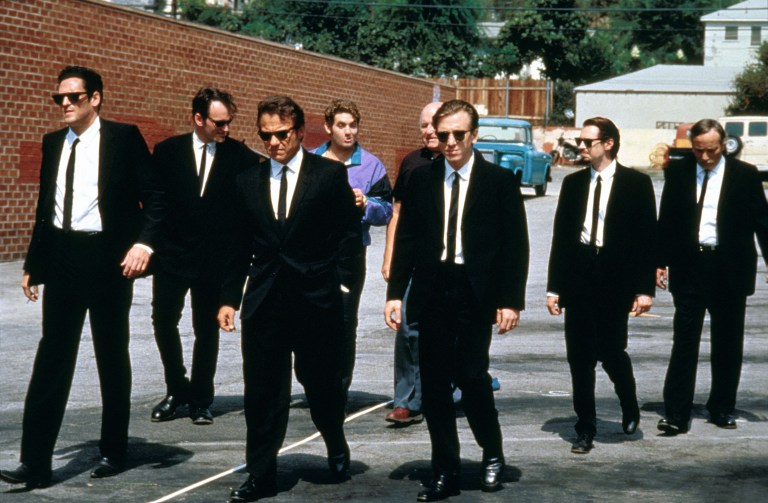
Tarantino’s debut effort, Reservoir Dogs also stands among the most revolutionary indie dramas of the 1990s (an era that came packed to the brim with monumental indie films). Relying extensively on his vast knowledge of international cinema, Tarantino broke the rules for independent filmmaking with his work here, cobbling together a fully-formed movie that borrowed from the French New Wave, Hong Kong crime films, and hard-boiled American heist movies. The ensuing film solidified Tarantino’s place as an efficient young filmmaker to watch out for in the future, as well as introducing many recurring themes that became associated with Tarantino’s name (such as nonlinear plots, vivid characters, and a strong ear for dialogue).
Once Upon a Time in Hollywood (2019)
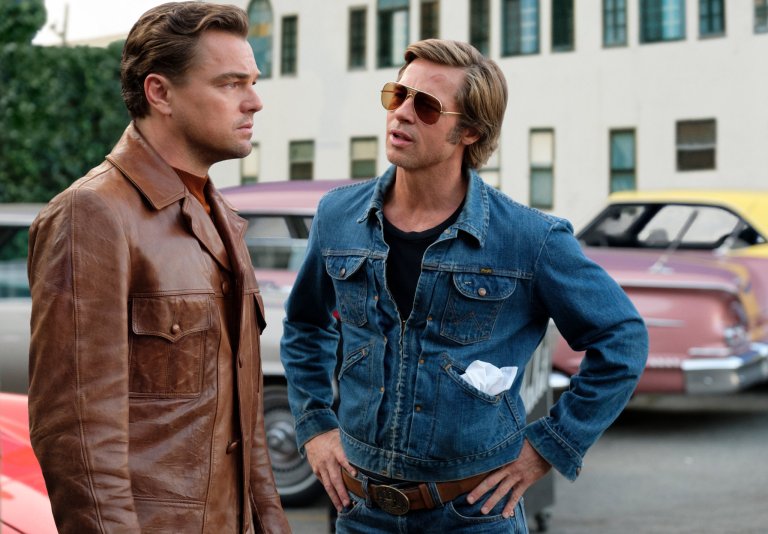
If there’s one thing you’ve probably gathered from reading this list so far, it’s that Quentin Tarantino loves everything related to cinema, be it campy slasher movies from the ‘70s or vintage Western films from the ‘60s. Channeling that love into 2019’s Once Upon a Time in Hollywood, Tarantino manages to transport viewers to the latter days of 1960s Los Angeles. Backed by a groovy soundtrack filled with period-appropriate hits, Once Upon a Time in Hollywood offers up an enthralling study of Hollywood’s heyday, breaking down the prevalent myths surrounding the film industry and the infamous Manson Family murders.
Inglourious Basterds (2009)
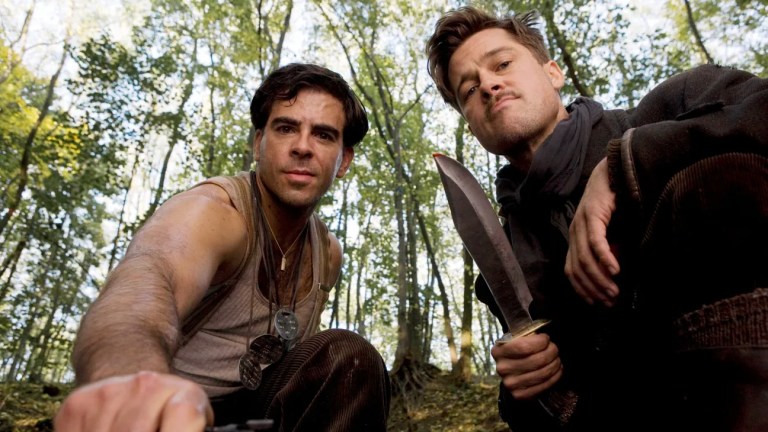
After the somewhat underwhelming response to his 2007 horror movie Death Proof, Tarantino returned to a long-time passion project that he’d been toying with for years. Ensuring the project finally reached fruition, Tarantino redeemed himself in the public spotlight when it came time for 2009’s hilarious World War II drama, Inglourious Basterds. Mixing laughs with plenty of heart-stopping narrative reveals, Inglourious Basterds proved that Tarantino had not yet lost his distinct capabilities as a creative filmmaker, resulting in a movie that only gets better with each new viewing.
Pulp Fiction (1994)
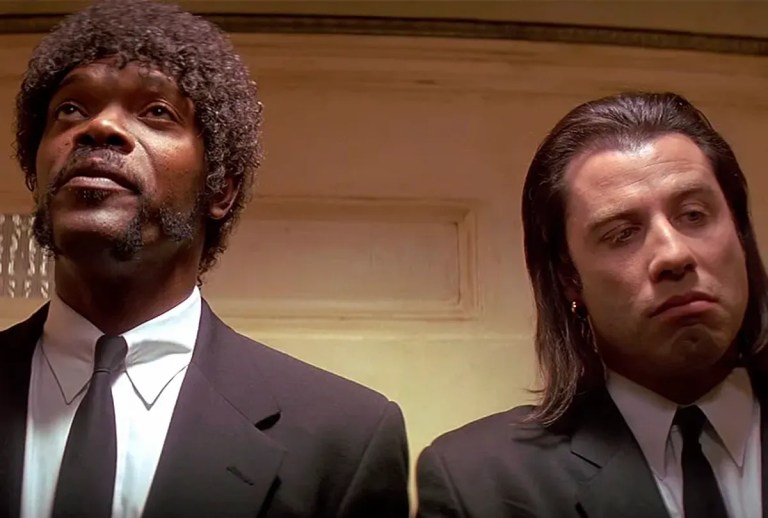
Referenced, mocked, and lampooned in countless movies, TV shows, and video games since its 1994 release, Pulp Fiction lives on as Tarantino’s definitive masterpiece. Among the most notable movies of the 1990s, Pulp Fiction drew on every characteristic associated with Tarantino’s distinct brand of filmmaking, from its pop culture-laced dialogue and three-dimensional characters to its plentiful plot twists and nonlinear presentation. Achieving an iconic reputation over the past several decades, Pulp Fiction continues to rank among the most beloved films of the modern era, ensuring Tarantino’s rapid ascent to the very top of the film industry.
